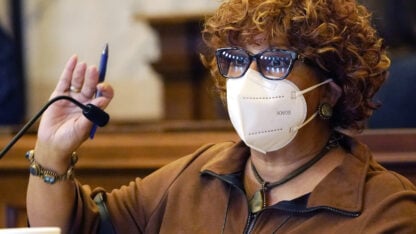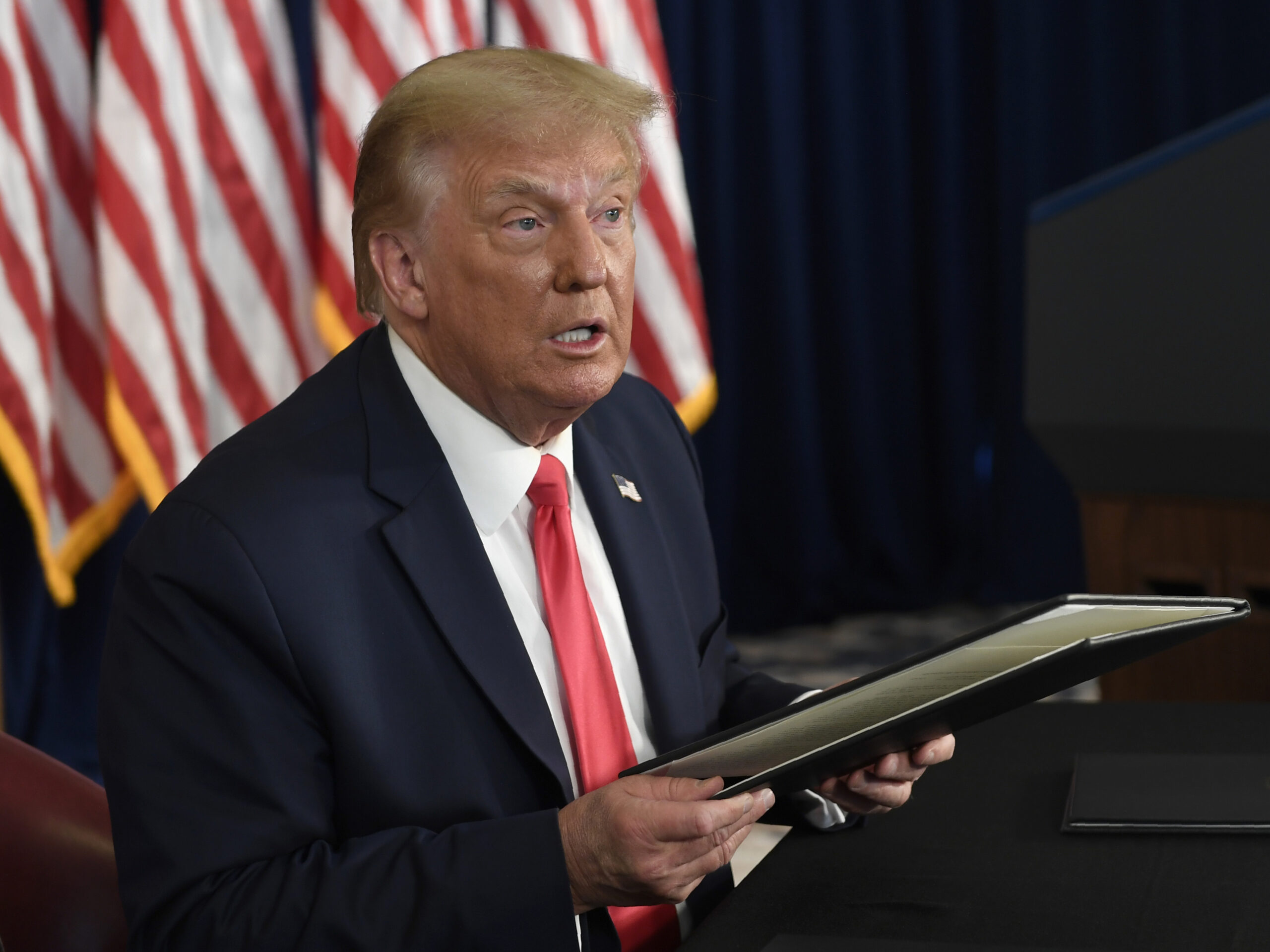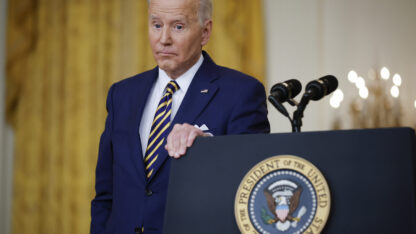Georgia’s lawmakers will take an unscheduled break and use the time to try to patch up the state’s ailing budget.
House and Senate leaders announced Wednesday that the chambers will adjourn until Feb. 18. During that time, House Appropriations Committee Chairman Terry England said House budget subcommittees will keep meeting.
“This year, I think the biggest question is ‘What do you cut?’” House Speaker David Ralston, a Blue Ridge Republican, told members Wednesday. “I don’t think it behooves us as a body to come down here and speed through spending $28 billion in taxpayer dollars.”
The recess underlines Ralston’s earlier statements that the General Assembly’s 2020 session might not wrap up as early as some members running for re-election might have hoped. Lawmakers can’t raise campaign money while they’re in session, and some of them will face a May 19 party primary. Slates won’t be set until March.
“The speaker has made it very plain we’re going to do the job we need to do,” said England, an Auburn Republican, when asked when the session would end.
Wednesday was the 12th of 40 business days allotted for the annual legislative session. Lawmakers had been scheduled to meet Thursday and Monday as well, although meeting dates beyond then hadn’t been worked out. The new calendar approved Wednesday sets meeting days through March 12, the legislative deadline for bills to pass out of their originating chamber. The remaining days will be set later.
England said that in addition to work on changes to the current year’s budget, lawmakers will try to lay the groundwork for the 2021 budget year that begins July 1.
“It’s going to be about both of them,” England said. “Some of the things tie across.”
Gov. Brian Kemp has proposed more than $200 million in reductions in the current year’s budget and $300 million in next year’s budget. That’s not a large percentage of overall state spending, but Kemp is shielding most K-12, college, university and Medicaid spending from cuts, meaning some agencies are in line for as much as 13% reductions.
Proposed cuts to mental health, county health departments, accountability courts that provide alternatives to criminal convictions, and agriculture programs have raised alarms.
“We have to see where it lands, but the preliminary look at what was proposed caused deep concern,” said House Minority Leader Bob Trammell, a Luthersville Democrat.
Kemp is pushing for lawmakers to include a $2,000 pay raise for K-12 and preschool teachers in next year’s budget, which would cost a projected $376 million. That would complete Kemp’s campaign promise of a $5,000 raise. The Republican governor did not include the second phase of a proposed income tax cut in his budget. That quarter-point decrease in the top rate to 5.5% means the state would forgo $500 million to $550 million.
But income tax revenues have lagged since the first cut. Lawmakers will get a report of January revenues next week, but England said he’s not hopeful that Kemp will raise the revenue projection that sets the spending limit for lawmakers.
“I don’t know if I could go to him and say ‘You need to adjust it up,’” England said. “It’s still pretty flat.”









